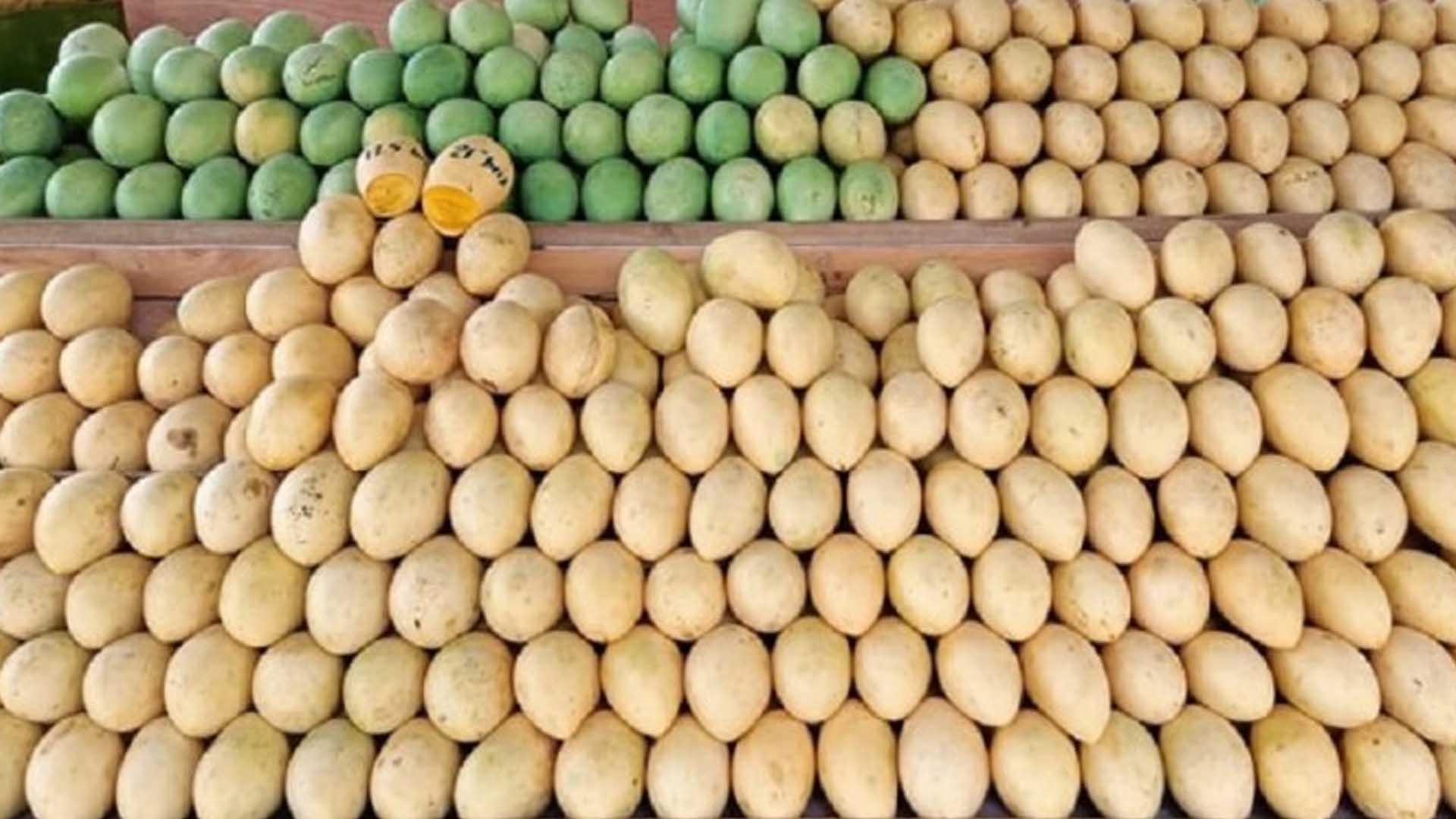Philippine mangoes have officially made their commercial debut in Italy, as over half a ton of the country’s prized tropical fruit recently arrived at Rome’s Fiumicino Airport in an attempt to capture and win over the Italian market.
In a news release on Monday, the Department of Agriculture (DA) said this is the first time Philippine mangoes have been exported commercially to Italy, which was made possible through the collective effort of Filipino entrepreneurs and backed by the Department of Agriculture and the Philippine Embassy in Rome.
Agriculture Secretary Francisco Tiu Laurel Jr. said this maiden mango export to Italy is more than a one-off achievement, as it sends a positive signal to the entire local mango industry.
“This development should encourage our mango farmers to aim for premium quality. It also opens the door for more investment, from both government and the private sector, to strengthen the competitiveness of Philippine mangoes globally,” he said.
He added that the historic milestone was made possible through the collaboration of a group of Filipino entrepreneurs in Rome, the DA, and the Philippine Embassy.
The effort reflects the Marcos administration’s push to expand agricultural exports and promote Filipino products globally, he added.
“It shows what can happen when public institutions, private initiative, and overseas Filipinos work together to elevate Philippine products to global standards,” Tiu Laurel said.
The mangoes were sourced from Pangasinan, a top mango-producing region in the Philippines. The DA’s Bureau of Plant Industry ensured full compliance with Italy’s stringent sanitary and phytosanitary standards, making the shipment possible.
Agriculture Attaché to Italy Josyline Javelosa commended the determination of the Filipino-led group that spearheaded the initiative despite having no prior experience in fresh produce importation.
She also emphasized the strategic importance of mangoes in international cooperation.
“This export milestone reflects the Philippines’ commitment to green agriculture and inclusive development,” said Javelosa, who also serves as the Philippines’ Deputy Permanent Representative to UN Rome-based agencies including the United Nations Food and Agricultural Organization’s (UN FAO), the World Food Program (WFP), and the International Fund for Agricultural Development (IFAD).
Philippine mangoes are gaining international support through the FAO’s One Country One Priority Product program, where mangoes are recognized as the Philippines’ flagship commodity.
The fruit is likewise part of the FAO’s Hand-in-Hand Investment Initiative, which seeks to direct funding and development aid to strategic agricultural sectors.
In 2024, Tiu Laurel proposed in Rome a USD50-million investment case to benefit 27,000 mango farming households.
Tiu Laurel expressed optimism that the Rome shipment will serve as a springboard for broader market access across Europe. (PNA)








